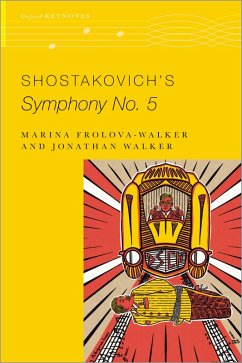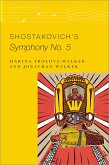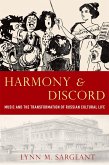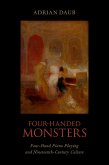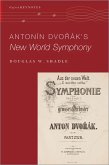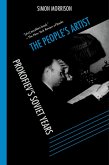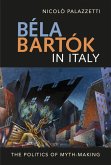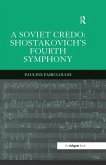The book is devoted to Shostakovich's most controversial symphony, composed at the height of Stalin's Purges. It rescued Shostakovich from official disfavour and deeply moved audiences. The critics recognized it as a masterpiece, but they were perplexed by its ambiguities, especially at the end of the Symphony: some imagined it as the joyful final victory of socialism, while others heard the triumph instead of a sinister and oppressive force. The second interpretation was pushed into the background, but the controversy persisted, with the further complication of two very different tempo markings for the closing section, both of which seemed to be approved by the composer. The authors give an authoritative account of the tempo controversy and the effect of the different tempos on the reception of the work in the West.
Shostakovich's Symphony No. 5 delves into the history of the work's composition, the pressures Shostakovich experienced at the time, and the cultural environment from the time the composer began work on Symphony through to the settling of its official critical reception. At the center of this exploration is the musical score itself, which is full of secrets that have taken decades to uncover, the most colorful of which is the case for Shostakovich's extensive references to Bizet's
Carmen, and the connection between these and Shostakovich's lover of the mid-30s, Lala Carmen (Elena Konstantinovskaya). The authors show how Shostakovich largely (but not entirely) set aside his influences from Mahler and German modernists, and in replacement absorbed Beethoven and Tchaikovsky with the same ingenuity as his previous influences. Shostakovich decided to make a virtue of a necessity, and created one of the richest of symphonic scores, allowing himself to retain his artistic pride while winning the official approval necessary for regaining his livelihood. These events all unfolded in the atmosphere of terror created by Stalin's "Great Purge". This book is the first to be devoted to this watershed symphony, and includes secrets of the score that took decades to uncover.
Dieser Download kann aus rechtlichen Gründen nur mit Rechnungsadresse in A, B, BG, CY, CZ, D, DK, EW, E, FIN, F, GR, HR, H, IRL, I, LT, L, LR, M, NL, PL, P, R, S, SLO, SK ausgeliefert werden.

